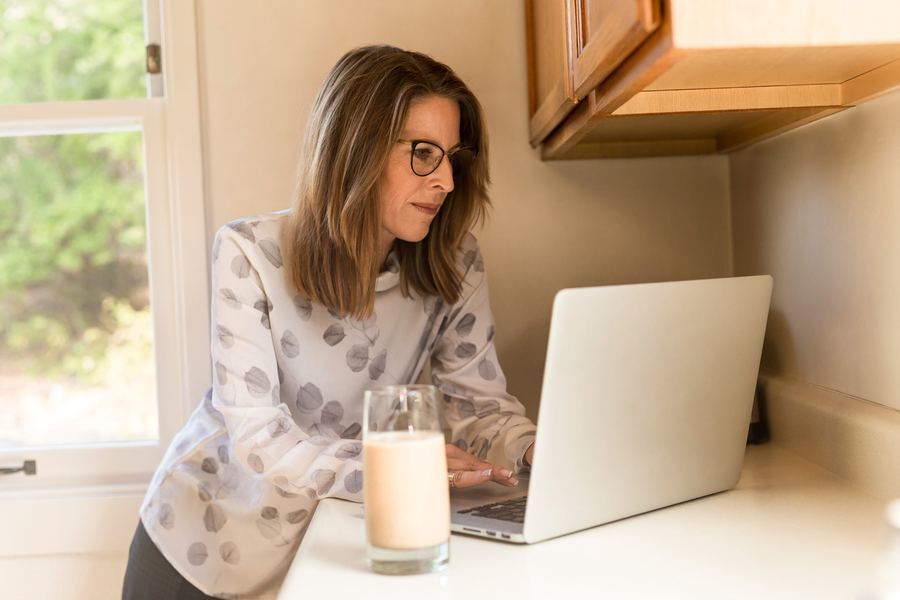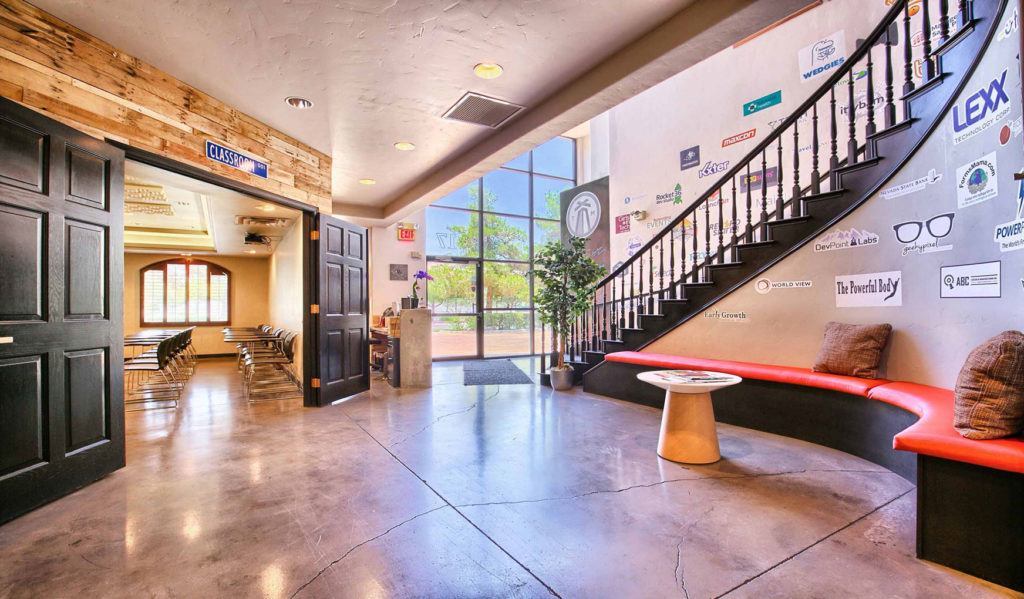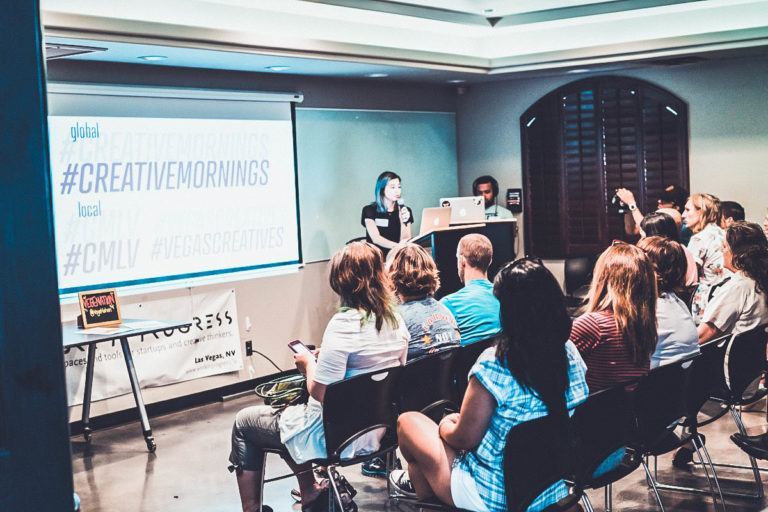image credit – Coffee Espresso Machines
You know the startup life isn’t for everyone. Though the road ahead has plenty of bumps and twists, you’re ready to take that big step, make a real commitment, and start running your own business.
Odds are, you don’t have a bunch of extra money to invest in your startup. Being conscious of your budget while you build momentum is one of the first disciplines you’re going to have to learn. As your business grows, the money will come, but for now, you’ve got to save where you can and spend only where it makes sense.
That’s why you’re planning to work out of coffee shops while you get your feet under you. For just the cost of your daily coffee and an occasional snack or bottle of water, you can set up your laptop and get in a few hours of work on the coffee shop WiFi.

Be warned, though:
The coffee shop strategy isn’t as thrifty as you might think.
How Much Does It Really Cost To Work Out Of Coffee Shops?
Let’s do some math.
Most coffee shops charge about $3.50 to $4.50 for a drink, and they’ll let you work for an hour or two before they expect you to buy something else or get out of the way for paying customers. If it’s a slow day, you can probably hang out longer, but if it’s busy, etiquette dictates that you should only take up a table for about an hour.
That works out to an average of about $4 per drink (not including tips) for roughly 2 guilt-free hours of work. Let’s assume you get away with more time on slow days and only buy refills or snacks twice per week, averaging another $4 per purchase.
On top of that, you’re going to have meetings with potential clients, investors, or partners. You’ll be buying both of your drinks, and you’re definitely going to tip while a potential client is watching, right? That’s probably another $10 for your “meeting space,” and depending on what kind of business you’re starting, you could have a lot of meetings. Let’s average it out at 1 meeting per week, though.
Assuming a 5 day workweek plus a weekly meeting, you’re spending roughly $38 on coffee, even if you’re tipping conservatively or not at all.
In a month, you’re spending about $150 working out of the local coffee shop.

And that’s just your spending. Your actual cost is much higher because you’re still spending money on things like printing, mail services, office supplies, and all the businessy stuff you need to run your company.
That still doesn’t take into account the costs to your credibility and productivity, either. How many potentially valuable clients and investors aren’t taking you seriously because you set up an important meeting in a Starbucks instead of a private office?
$150 per month isn’t much in the grand scheme of things, but as a startup, that $150 could easily go towards marketing, website development, or even a professional workspace.
What’s The Alternative?
If you have internet at home, you can work out of your house. A lot of the downsides of working in a coffee shop still exist when working from home, though. You still have to buy equipment or pay for office services, and as far as meeting space goes, having meetings at your house is even less professional than meeting at a restaurant or deli. Realistically, nobody wants to bring strangers into their home for business meetings.
On top of that, working from home can either be maddeningly lonely if you’re single, or full of distractions if you have family living with you. Most people who have home offices end up spending some time in coffee shops or office spaces anyway, just to be away from home and surrounded by other people who aren’t demanding attention.

Renting office space would be nice if you could afford it.
Housing your startup in an office gives you a dedicated workspace, access to supplies and equipment, and that all-important sense of legitimacy that makes your business seem real to the people that matter. Unfortunately, office space is also expensive, and until you’re generating steady profits, the gain in credibility probably isn’t going to justify the expense.
Coworking space is the best of both worlds. Because you’re sharing some of your amenities with other startups, freelancers, remote workers, and small companies, the cost is way cheaper than regular office space, but the benefits are almost the same.
There are no leases to sign, no long term commitments to make, and you can upgrade or downsize your membership level depending on what you need. As a new startup, you can get something like a

If your business starts to take off and you need more office time or a private space for your team, upgrade whenever you need to.
If you decide to take a month off and work from your kitchen table, put your membership on hold and save some money.
Depending on what’s available in your area, using a coworking space is probably cheaper than working out of coffee shops, and you’re set up in a professional workspace equipped for your business needs. As a cash-strapped startup, getting more value for less money is a big deal.
Those little expenses add up fast. Pay attention to the details, and your startup will thrive in 2018.
Originally posted 2018-12-02 13:33:15.






